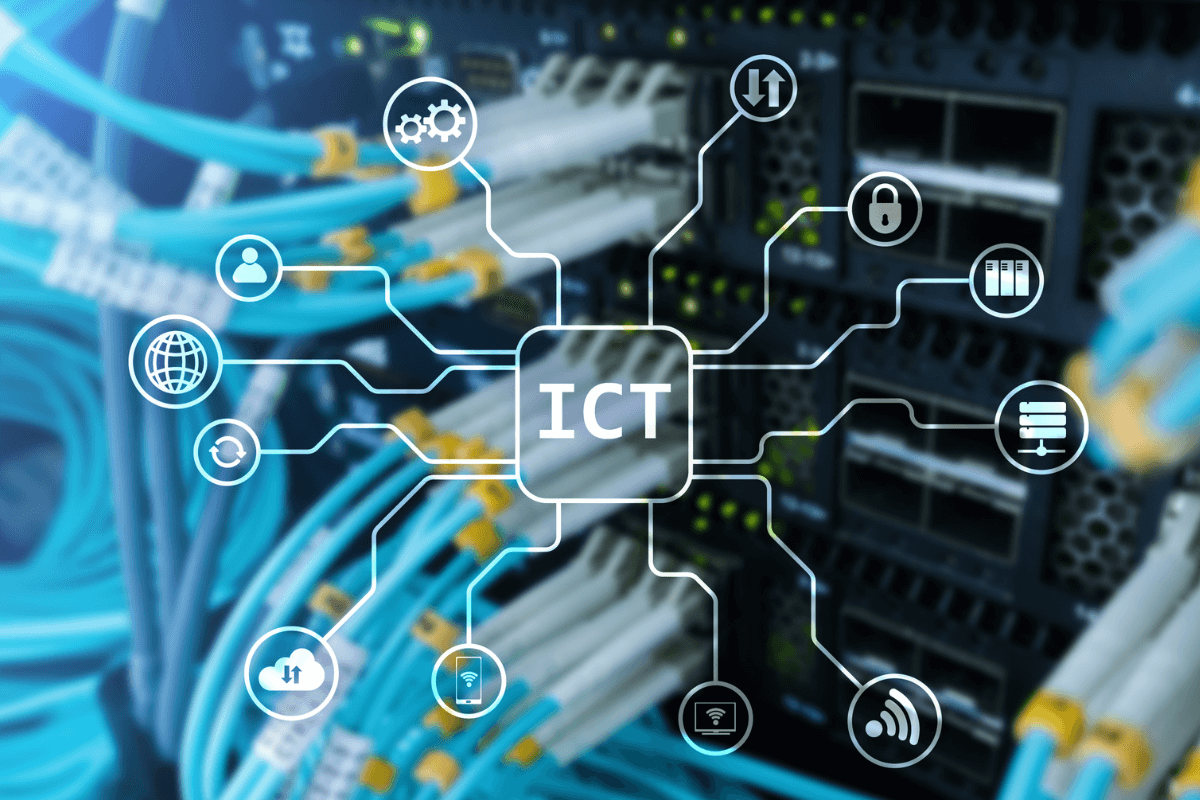
ICT Skills (Information and Communication Technology Skills)
Course Description:
This course introduces learners to the fundamental concepts, tools, and applications of Information and Communication Technology (ICT). It focuses on developing the practical skills needed to use computers, digital devices, and software applications effectively in academic, business, and professional environments. Students will learn how to operate a computer, manage files, use the internet safely, communicate digitally, and apply productivity tools such as word processing, spreadsheets, and presentations.
Course Objectives:
By the end of this course, students should be able to:
-
Understand the basic components and functions of computer systems.
-
Use common operating systems (Windows, Linux, or macOS) to perform everyday tasks.
-
Apply productivity software (Microsoft Office or Google Workspace) for document creation, data analysis, and presentations.
-
Demonstrate effective online communication and collaboration skills.
-
Understand internet safety, cybersecurity principles, and responsible use of technology.
-
Use digital tools to enhance problem-solving, creativity, and innovation.
-
Apply ICT skills in education, business, and personal life.
Course Content (Main Topics):
-
Introduction to ICT
-
Definition, importance, and impact of ICT
-
ICT in education, business, and society
-
-
Computer Fundamentals
-
Hardware and software components
-
Input, output, and storage devices
-
Operating systems and file management
-
-
Productivity Applications
-
Word Processing: Creating, editing, and formatting documents
-
Spreadsheets: Data entry, formulas, charts, and basic analysis
-
Presentations: Designing and delivering professional slideshows
-
-
Internet and Email Skills
-
Web browsing, search engines, and online research
-
Using email and cloud services
-
Digital communication tools (Zoom, Google Meet, Teams, etc.)
-
-
Cybersecurity and Digital Ethics
-
Safe internet practices
-
Protecting personal information
-
Understanding digital footprints and cyber laws
-
-
Emerging Technologies
-
Artificial Intelligence, Cloud Computing, and IoT (Internet of Things)
-
Mobile applications and e-learning platforms
-
-
Practical ICT Projects
-
Creating documents, budgets, and reports
-
Collaborative online assignments
-
Applying ICT to solve real-world problems
-
Teaching Methods:
-
Lectures and demonstrations
-
Practical computer lab sessions
-
Group discussions and projects
-
Online assignments and interactive learning tools
Assessment Methods:
-
tests (cat1 and cat2) : 40%
-
Assignment1 and Assignment2 and projects: 20%
-
Final exam: 40%
